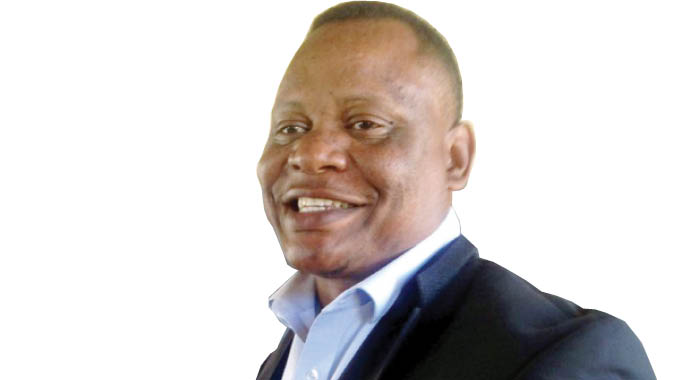EDITORIAL COMMENT: Government, striking doctors should find middle ground

WE find the ongoing strike by junior doctors damaging not only to long suffering patients but the entire country as a whole as their industrial action has come at a huge cost. Lives have been lost as a result of the incapacitation of the country’s major hospitals with Mpilo, United Bulawayo Hospitals, Harare and Parirenyatwa Central Hospitals being the worst affected due to their sheer size and the referrals they receive on a daily basis.
While we empathise with the plight of junior doctors given that their earnings are rapidly eroded by inflation, their predicament is not peculiar to them only but cascades to the generality of the entire civil service and Zimbabweans in general. Their demands, while appearing to be genuine and rational given their lofty qualifications, specialised training and the important service they render to the nation, should be seen in the context of a challenging economic environment in which Government is struggling to meet the basic needs of the people.
Government revenues are tight and thin as they are, Treasury has to perform a juggling act of balancing competing needs, some of them critical and urgent such as food in the face of a crippling drought. Given such a scenario, we feel junior doctors should accept what Government has offered them in the interim while negotiations continue with the hope that an amicable agreement will be reached to end the stalemate in the forseeable future.
We don’t think Government has been unreasonable in the circumstances and a 60 percent salary adjustment that was agreed with the medical practitioners during the recent collective bargaining exercise is quite decent in the current environment.
Their other demands to be paid in United States dollars or at the prevailing interbank rate are unfair on their employer because if the Government were to acquiesce to such a demand, it would face a deluge of similar requests from the wider civil service, triggering a crisis. In any case, that would be illegal because Zimbabwe has adopted a mono-currency which is the Zim dollar and Government cannot be seen to be breaking its own laws.
We are, however, cognisant of the plight of civil servants in the face of incessant price hikes which continue to erode their purchasing power. We also note Government’s willingness to continue engaging them through their umbrella body — the Joint Negotiation Council to discuss civil servants’ welfare. Cabinet, in its sitting on Tuesday, noted that the strike by doctors disregarded efforts made by Government to meet some of their demands. “The strike action disregards the significant efforts demonstrated by Government in its unwavering commitment to address their concerns,” Information, Publicity and Broadcasting Services Minister Monica Mutsvangwa said in a post-Cabinet briefing.
“Such efforts include the recent upward review of their salaries and allowances, which should be in their accounts before the end of this month.
“The doctors, by continuing with the job action, are also in flagrant defiance of the court order which ruled their strike as illegal and ordered them to return to work forthwith. Doctors should value the sanctity of human life above all else and offer their critical services to patients.”
We agree that junior doctors should return to work while negotiations on their conditions of service continue with the Government which has said it remains committed to open dialogue to find a lasting solution. We contend that there should be no blame game from either side as Government has bent over backwards to accommodate the striking doctors whose actions have been akin to holding the nation to ransom.
Their cause is not helped by a ruling from the Labour Court which last Friday decreed that the striking doctors should return to work within 48 hours. Following the expiry of that ultimatum, the doctors remained defiant with Government saying provisions of the law would be pursued in an effort to locate permanent solutions to the challenges bedevilling the health sector.
The Minister of Health and Child Care, Dr Obadiah Moyo, said while they were open to dialogue, doctors should return to work. “I want to appeal to doctors that our doors are always open,” said Dr Moyo. “We are open to dialogue until we get solutions, but let us dialogue while we are at work.”
On the 60 percent salary adjustment agreed during collective bargaining, Dr Moyo said: “That approval stands. Government is guided by the law that is why we went to the courts. We are following what the law states and we shall follow the law. There is no way we will go against what the law says.”
In the spirit of the Hippocratic Oath which they took when they qualified to practice, we urge the junior doctors to consider the plight of thousands of their patients who might lose their lives while they continue with their strike action. They cannot continue to bargain with people’s lives.











Comments